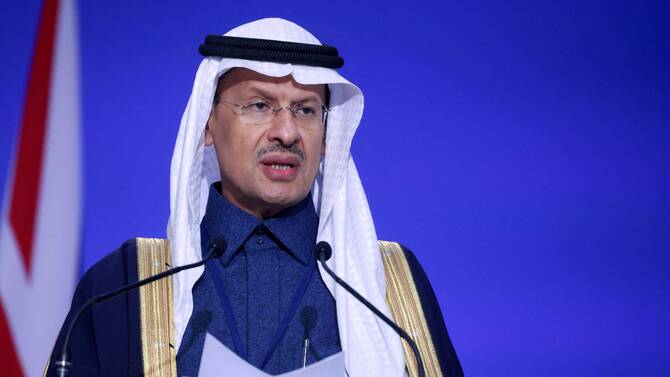DUBAI: Mustafa, a hipster Pakistani graphic artist, has a month to find a new job or be forced to leave Dubai among an exodus of expatriates whose futures have been up-ended by coronavirus.
The UAE — made up of seven sheikdoms including the oil-rich capital Abu Dhabi and freewheeling Dubai — has become a hub for young professionals and a safe haven in a region blighted by political turmoil and poverty.
But the pandemic has set in motion a global economic crisis that one study said could see some 900,000 jobs lost in the UAE — among a population of under 10 million — and force 10 percent of its expatriate residents to leave.
In a country where permanent residency is not generally offered, even for those who have spent decades in the UAE, as the redundancies begin to mount many are being forced to sell up their things and make a quick exit.
“We all know how the UAE is a temporary place and, one day or another, we all have to go back home or elsewhere,” said Mustafa, who before the crisis earned a good salary with a sports marketing firm.
Without a new job, in a market where openings are few and applicants are many, the 30-year-old will have no choice but to return home to Pakistan — a prospect he feels gloomy about.
“Here I worked with luxury hotel brands, airports, car brands, extreme sports. They don’t have a big market share there,” he said about Pakistan, adding that even if he did find a job, the salary would be “half of what you get paid in Dubai.”
Expatriates, who make up about 90 percent of Dubai’s population of more than 3.3 million, have helped create and operate its mega malls, attractions and five-star hotels, and turn it into a global hub for tourism, banking and services.
But with global travel only just emerging from a standstill, and lockdown measures still in force in many countries, all these industries have taken a heavy hit.
Scott Livermore, chief economist at Oxford Economics Middle East, said the Gulf system, however, is designed to keep foreigners as “expats rather than migrants,” with welfare state support reserved for citizens.
“Expatriates then return to their country of origin or move on to another country,” Livermore told AFP. “It is a conscious, designed policy.”
Endless planeloads of blue-collars workers have already left Dubai on repatriation flights, but the city — as the archetype of globalized consumerism — could itself suffer from the departure of free-spending higher income earners.
According to an Oxford Economics study, employment across the Gulf could fall by 13 percent during the crisis, resulting in the population declining by between four percent in Saudi Arabia and Oman and around 10 percent in the UAE and Qatar.
“While an expat exodus may mean that the Gulf Cooperation Council ‘exports’ some of the impact of recession, it will also have some adverse consequences on key sectors,” the study said.
In Dubai, which has already been suffering from an oversupply of property in particular, the study said “sectors that are vulnerable are travel and tourism, hotels and restaurants, and real estate and logistics.”
Emirates airline is one of the companies that have taken a major hit in the crisis, cutting a tenth of its giant workforce of 60,000, including 4,300 pilots and nearly 22,000 cabin crew.
Sami, an Egyptian flight attendant who traveled the world with the airline for six years, was one of those laid off in June in a “five-minute meeting” as it processed the layoffs on an industrial scale.
“We were many of us, hundreds waiting around all day for one-on-one meetings,” he said.
The 32-year-old, who took out a loan to buy a smart SUV and become accustomed to a “life of luxury,” will now have to return to his family in Cairo with “no plans” in mind.
“I really want to stay in Dubai, but I don’t think there are any decent opportunities now,” he said.














